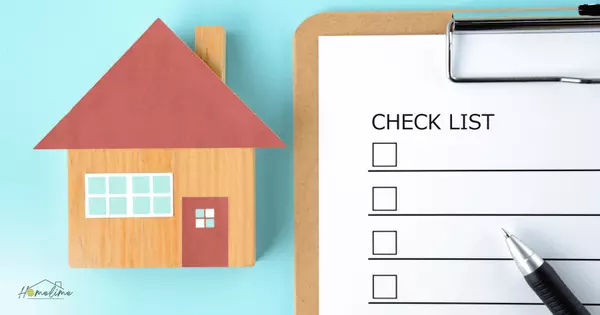Why Location Is Still the Most Important Factor
When people search for a home, it’s easy to focus on features like size, finishes, or the number of bedrooms. But long after those details fade into the background, location still plays a key role in how much someone enjoys their home. Where a home sits affects everything from daily convenience to long-term value. A beautiful home in the wrong area can quickly lose its charm. Commute times, school quality, safety, and neighborhood feel are all shaped by location. Even a smaller or older house can feel like a great decision if it's in a well-suited spot. Homebuyers often find that location affects their mood, routines, and sense of connection. It shapes where they shop, how they socialize, and how their kids grow up. A good location supports your lifestyle without adding stress. That’s why many buyers are willing to compromise on square footage for the right neighborhood. Over time, location becomes the part of the home that matters most.
Convenience is one of the biggest reasons why location counts. Being close to work, school, grocery stores, or healthcare can reduce daily stress. Long commutes or constant errands can wear people down over time. A home might be beautiful inside, but if it adds 90 minutes of driving every day, the charm fades fast. Walkability and public transit access also make a difference for many buyers. Parks, trails, and green space nearby can be especially appealing for families or those with pets. When everything you need is within reach, life feels simpler and more manageable. It's also easier to build a routine that works well for everyone in the household. Time saved in travel is time gained elsewhere—whether it’s for rest, hobbies, or family. Location shapes the pace and comfort of daily life. A smart location choice often means more ease and less hassle.
Location also plays a big role in property value. Even when the market fluctuates, homes in desirable areas tend to hold or gain value more consistently. Nearby developments, zoning changes, or rising popularity can all influence a neighborhood’s growth. On the flip side, poorly located homes often see slower appreciation. That’s why real estate professionals often say, “Buy the worst house on the best street.” It’s easier to improve a house than to change its location. If you're thinking long-term, location should be a major part of your investment strategy. You might not stay forever, but future buyers will care about the same things you do. A strong location helps make resale easier and may attract more interest when the time comes. Whether you’re upgrading or downsizing, good location decisions tend to pay off. It’s not just about today—it’s about how your home fits into the future.
It’s tempting to fall for interior finishes or yard size, but smart buyers keep location top of mind. The right neighborhood brings a sense of stability and comfort that’s hard to measure. It's where you’ll build relationships, grow routines, and live your everyday life. Location isn’t just about a point on a map—it’s about how that point works for you. Before making a final decision, spend time walking the area, talking to neighbors, and checking traffic at different hours. Think about how the location will work five or ten years from now. Trends may shift, but the basics—safety, access, and community—stay important. When everything lines up in a great location, even modest homes can feel just right. If you’re choosing between a perfect home and a perfect spot, lean toward the better spot. Homes can be updated, but locations can’t be moved. And when the location is right, the rest often falls into place.
Recent Posts










GET MORE INFORMATION


